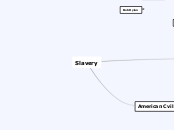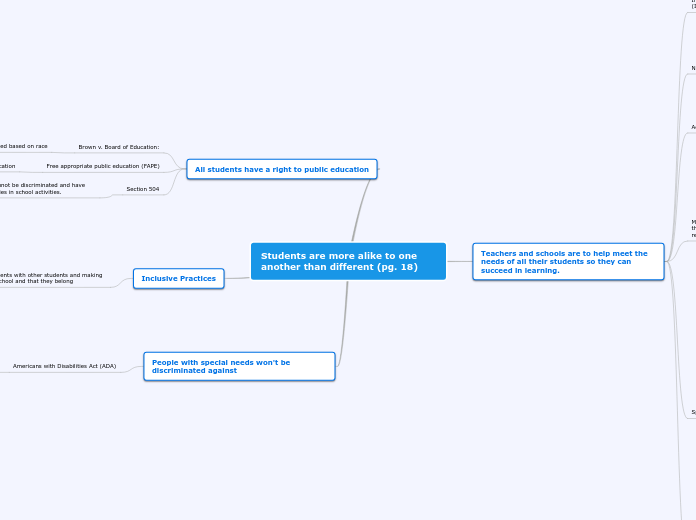Womens Movement-Eva Crosson
outcomes
Roe v. Wade
Right to legal abortion
1973
Equal Credit Opportunity Act
Could get equal credit to men
1974
Higher Education Act
Banned discrimination in education
Title XI
Commission on the Status of Women by Kennedy
investigation into women inequality
Equal Employment Opportunity Commission
enforced banned discrimination on hiring
Civil Rights act passed
Title VII
resistance
Phyllis Schlafly
Worried that there would be a draft for women in the military
opposed feminist movement and was very conservative
goals
Reproductive Rights
Wanted rights to abortion
Equal Rights Amendment (ERA)
Demannd gender equality under law
Gets passed by congress, but certain amount of states have to agree to it 2/3 states. They got 35
did not get passed because of conservatives disapproval
This was an attempt to amend the constitution
political, social, and economic equality
leaders
Gloria Steinmen
Revealed how playboy magazine humiliated women
co-founded Ms magazine
Tried to raise awareness through media
Sandra Day O'Connor
Found less opportunities to her male counterparts
First female Supreme Court Justice
Betty Freedman
Helped to establish NOW
The Feminine Mytique
Mary King
Casey Hayden
issues
Feminization of Poverty
women struggled with poverty
single mothers were widows and struggled to get jobs
glass ceiling
still prevalent
invisible barrier between women and men
background
Seneca Falls Convention 1840
1920s got right to vote
1960s and 1970s second wave of feminism for women
events
Pink Collar ghetto
Women jobs-low pay
In the 1970s women gained the to right vote (19th amendment)
strategies
consciousness-raising efforts
women being treated unequal
Civil Rights Act of 1964
Outlawed social discrimination
Thought it would not get passed but it later does
public protests
Advocated against pageants
Organizations
The National Organization of Women









